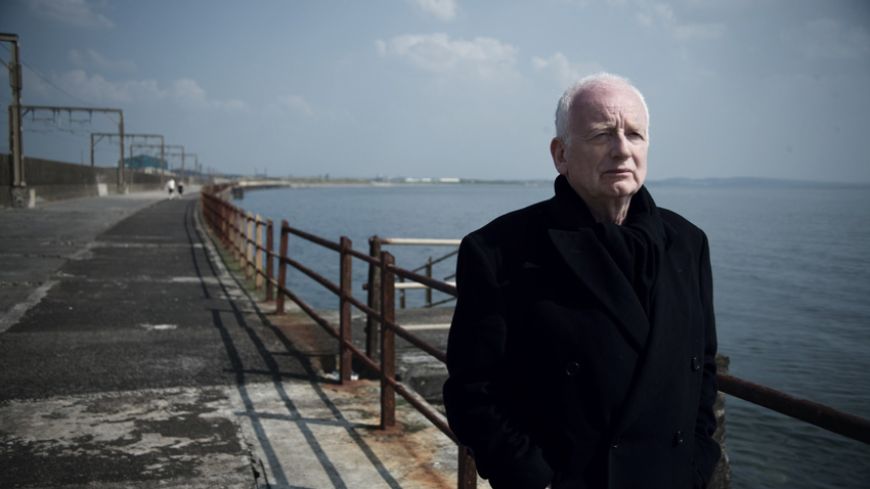
An Oxford-educated Catholic priest, with an affinity to France and a taste for fine food and wine, is assigned to a parish in Dalgarnock, a fictional Ayrshire town with high unemployment
and a strong affinity to the religious divisions of nearby Ireland.
Detached, sensitive and intellectual, David Anderton is not the ideal shepherd for this particular flock.
He finds a bond with his direct, Scots speaking housekeeper, Mrs Poole, who bridges the gulf between him and the other parishioners by also speaking French with him and learning to appreciate his wines. But, he is lonely. He befriends two teenagers from the local Catholic school and allows himself to be drawn into their world. In his anxiety to be friends, he relinquishes his authority as priest and this tips the balance of the dynamics between them,leading to the events at the core of the play. This is summed up when he says to them "Call me David" and Mark, the 15year old boy, answers, "Call me Cardinal."
The play opens with Father Anderton reciting the part of Tennyson's poem of sorrow and loss, In Memoriam, that gives title to the play and he says it like a prayer. There are clues to his decadent tastes in the chandelier, fresh roses and Persian rug. We are then shown the bigoted and disrespectful teenagers' reaction to an educational visit to a Mosque and to their fellow, more thoughtful, students. As in the recent film, Entre les Murs (The Class), these pupils think they have a right to ask their teacher about his sexuality. Unlike the French teacher in the film, Father Anderton, anxious to appear worldly, behaves like a coy teenager himself, giving his power away.
His naivety and the ghost of his past, a long lost lover from Liverpool, are his downfall. He allows himself to be taken as a willing victim into the world of drugs and an illicit relationship
with a young man, who though underage is hardly innocent. Perhaps significantly, the incident takes place on the 11th July, the eve of the Orange marching season.
Andrew O'Hagan's novel was first published in 2006, but current
international politics, a reference to ‘Yes, we can', have been incorporated in the dinner party discussion with Father Anderton's friends. His politics have moved to the right over the years and his intellectual aloofness may have allowed this. When the teenage Mark announces at the end that he will be joining the army, the reality that someone he cares for could be a victim of his detached view hits home. The play ends with David Anderton, again alone under the stars, reciting from Tennyson:
Be near
me when I fade away,
To point the term of human strife,
And on
the low dark verge of life
The twilight of eternal day.
This very human story of beliefs, confusion, suffering
and love is punctuated with music sung by the cast from The Fields of Athenry to The Sash, McPherson's Lament, Laddie Lie Near me and Will Ye no Come Back Again.
This is theatre as it should be.
Be Near Me has been performed at the Palace Theatre,
Kilmarnock (14 to 17 January) and the Donmar Warehouse, London (22 January to
14 March), then an eight-week week tour of the UK. Tour venues and dates: Citizens' Theatre, Glasgow (25 March to 4 April), Eden
Court Theatre,
Inverness (7 to 11 April), Traverse Theatre (15 to 18 April), Perth Theatre (21
to 25 April), Lowry, Salford (29 April to 2 May), Curve, Leicester (5 to 9 May)
and Hall for Cornwall, Truro (12 to 16 May).

